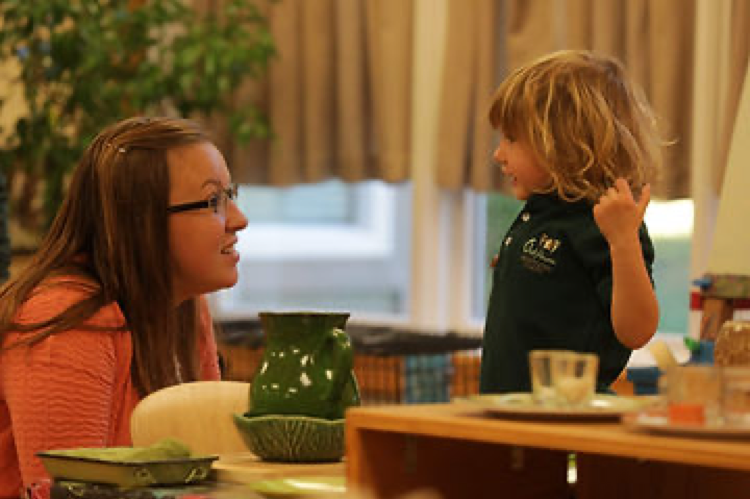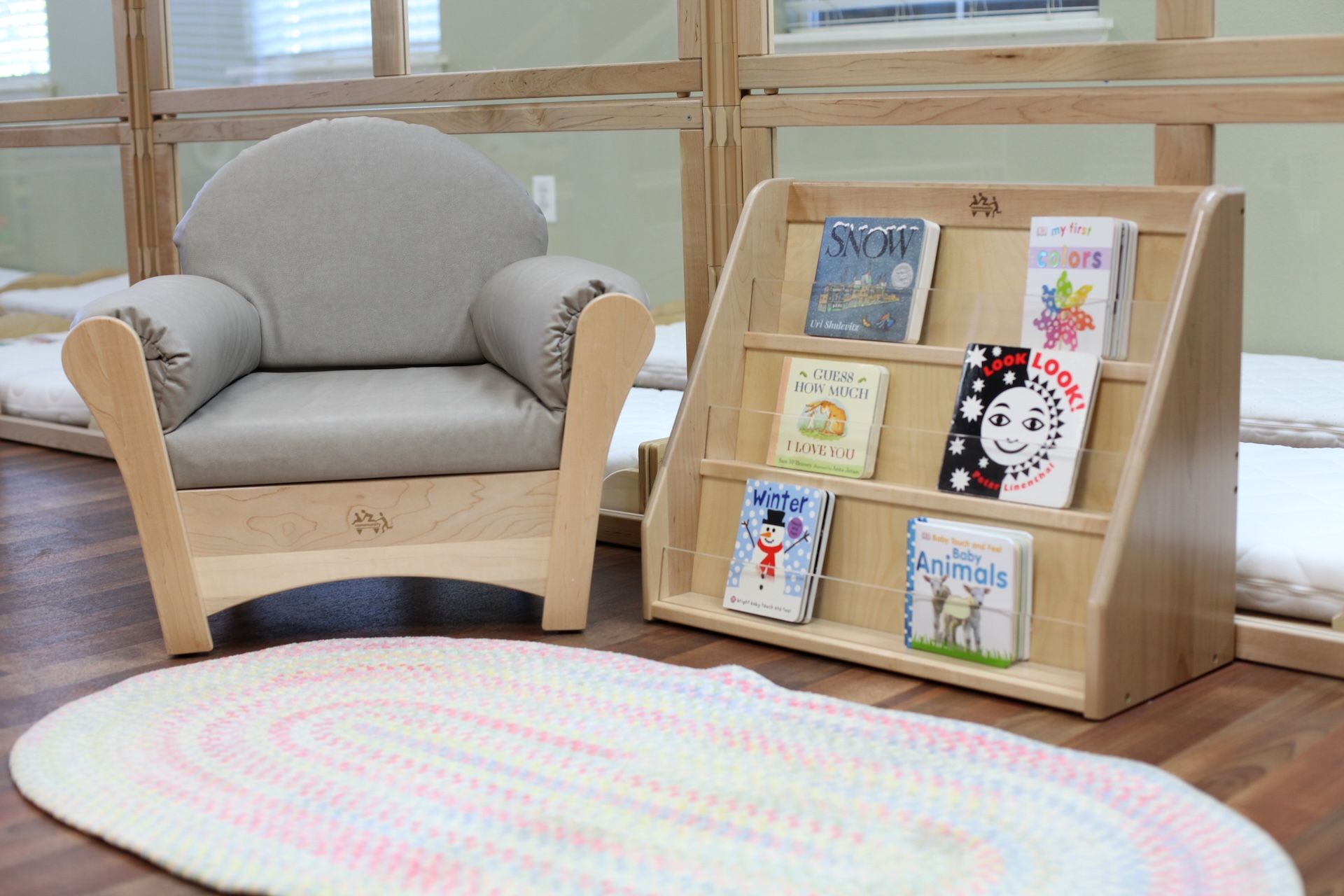
Our kids pick up on our attitudes, our words and how we communicate. So what are you saying — both with your words and without? What you communicate, and how you communicate it, is important.” (5 Tips)
You communicate with your child everyday through your words, your touch, your expressions, your actions. Do you ever think about what you communicate to your child indirectly? It’s highly possible, even highly probable, that you don’t realize what you indirectly communicate to your child throughout the day. Before I get into that, though, let’s go over some definitions:
Direct communication involves saying what a person think and feels.
Indirect communication is acting out rather than directly saying what a person thinks or feels through tone of voice, facial expressions, and/or gestures.
Now, let’s go back to how much you communicate with AND to your child. I imagine that you can’t count or remember everything you’ve communicated. It’s a little scary, isn’t it?! We are communicating with our children even when we don’t intend to. Not only that, but we are sending our children messages that we often don’t mean to. The good news is that it’s pretty simple to communicate to your children in a positive way. Many of the things you already do are effective tools and patterns. For example, when you get down to your child’s level in a conversation, that’s huge. It makes the conversation less intimidating and shows that you value what your child is saying. When you stop what you’re doing by setting a book/magazine down, putting your phone away, or turning the radio off, it tells your child you value what they are saying and/or doing. When you tell your child, “You can do this”, with your words or by letting them walk through the door to school on their own, you communicate they are capable. When you simply smile at your child, you communicate your love for them. You already do some many wonderful things directly and indirectly.
Whether you feel stuck in your communication patterns or just want to be a more mindful communication partner for your child, these are useful tips to consider (5 Tips):
- Bring up conversations during the in-betweens. Instead of having your child sit down and engage in a face-to-face conversation with you (which can be intimidating), bring up conversations during routines or activities. You can have important talks while hiking or playing a game. This relaxed atmosphere opens up the lines of communication for your child.
- Listen intentionally. It can be very easy to allow yourself to fall into the trap of “waiting to respond”. When you do this, you’re not listening with the intent of hearing and understanding your child, though. Be an active listener, instead. Have an open posture, maintain eye contact, nod. You don’t always have to verbally respond, and if you do, it can be a simple, “Uh huh” or “I hear you”.
- Be open. Communication goes both ways. Many of us may practice this with our partner and friends but not with our children. Be open to sharing your experiences with your child and to the realization that you are not always the teacher. Let your children know it’s okay to make mistakes; in fact, tell them you have made them, too.
- Empathize, then advise. When you start by telling your child things like, “It’s not that bad.”, “You’ll get over it.”, or “It would have been better if…”, you shut down the lines of communication. By empathizing with your child and offering up words such as, “I can see that was hard for you.” or “That would have made me scared, too.”, it takes away judgment and adds a space wherein your child is more likely to accept your advice or counsel.
- Speak respectfully. How many times has it worked for you to speak down to your child and/or yell at them for something he did? Even if it worked once or twice, it probably left both you and your child feeling pretty down. Speaking disrespectfully to your child creates an environment where your child doesn’t want to talk to you or may even lie to you in the future. It’s scary enough to be honest at times, let alone when you also fear the response you will get from your parents. Your child deserves the same respect in conversation as you would give any adult. There are myriad ways to communicate with your child and get your point across while also being respectful.
I challenge each of you to be more mindful in your communication with your child(ren). Really think about what you are communicating to him; directly and indirectly. Are you creating an environment that fosters open, loving communication and encourages your child to communicate with you? Or, are you engaging in communication patterns that maybe close the lines of communication? What messages are you sending your child? Because, what you communicate and how you communicate it, is important.
References
How to Be a Strength-Based Parent. (n.d.). Retrieved from https://greatergood.berkeley.edu/article/item/how_to_be_a_strength_based_parent
J., Musselman, J., Y., Westhoff, M., T., M., . . . H. (2018, April 02). 5 Tips to Create Positive Communication with your Kids. Retrieved from
https://childrenpositive.com/5-tips-to-positively-communicate-with-your-kids/



